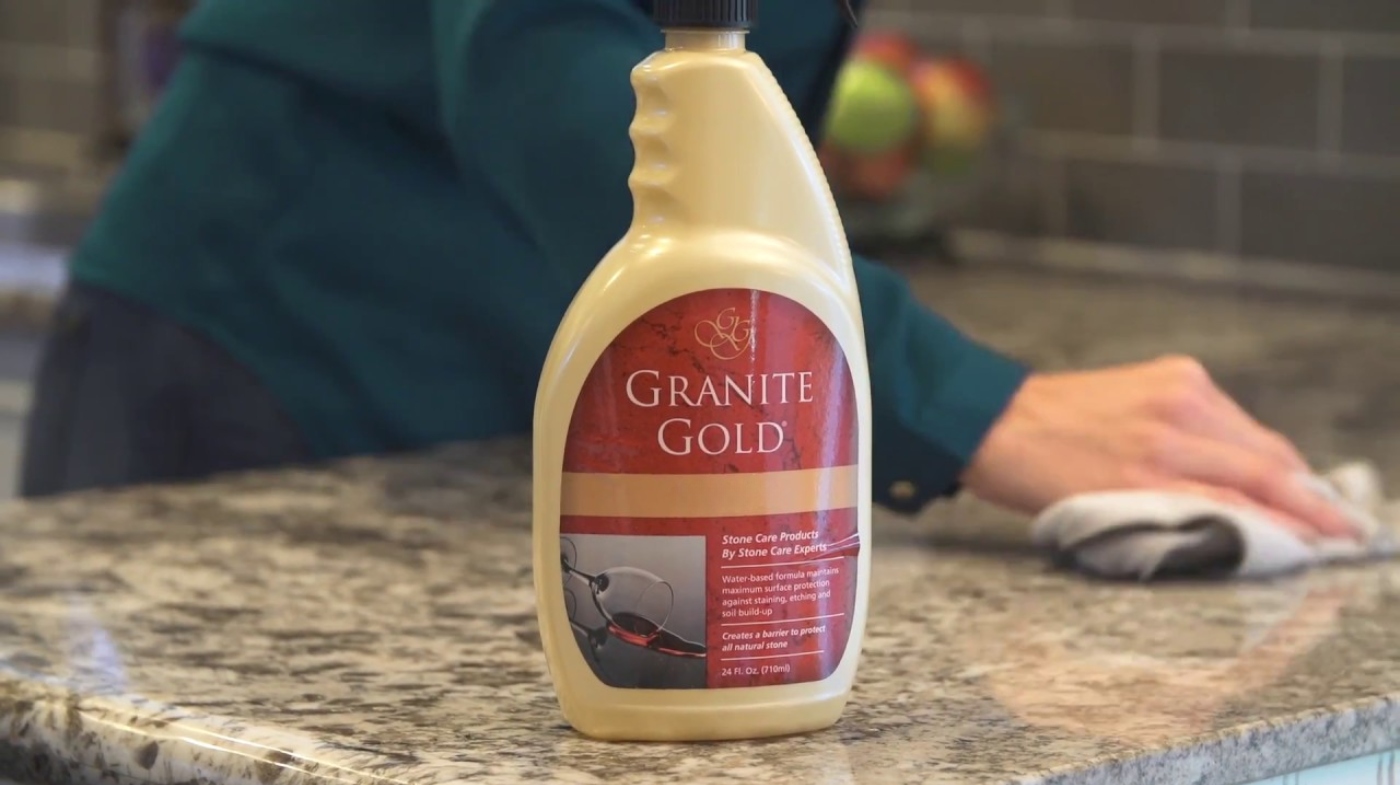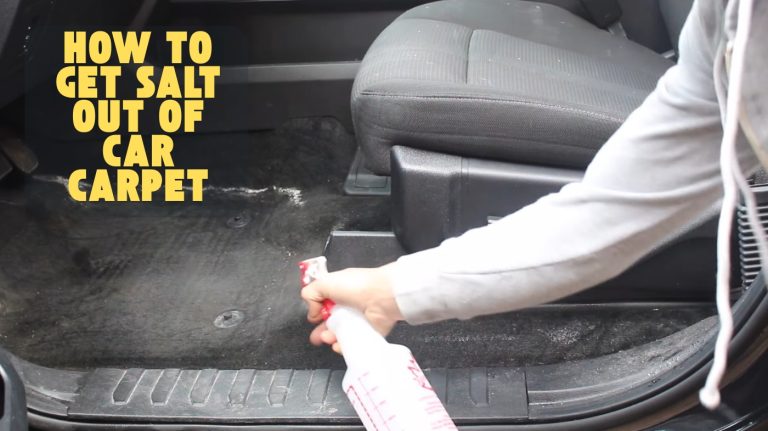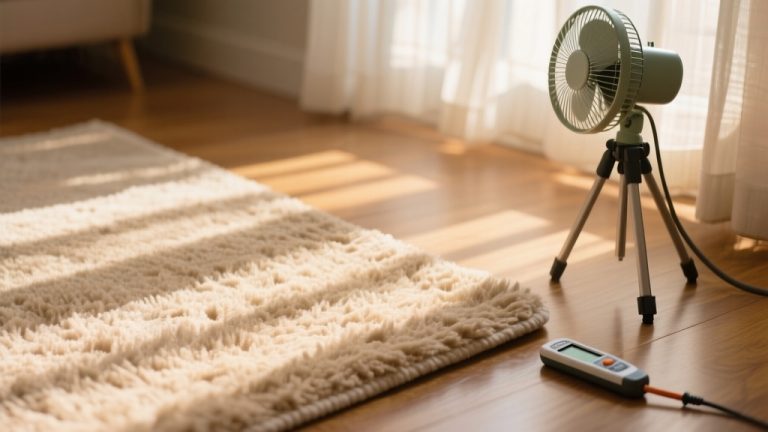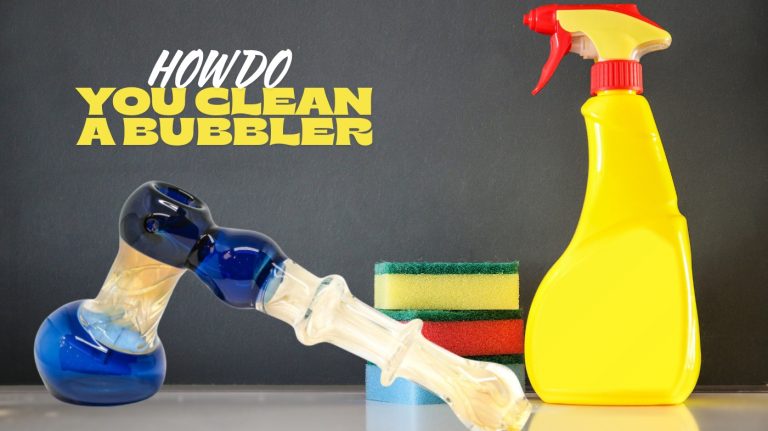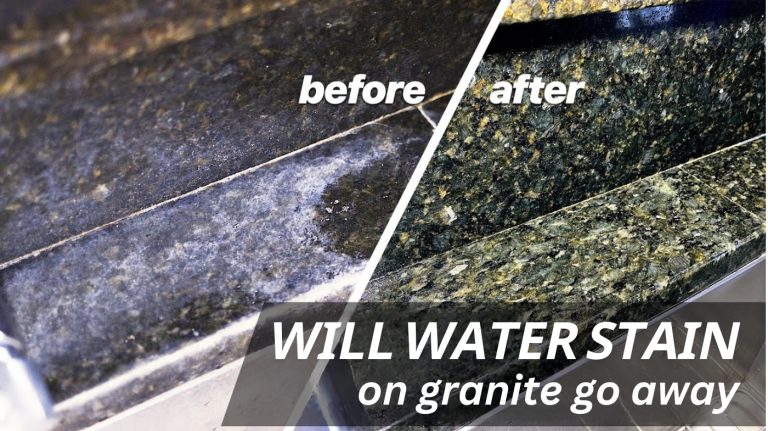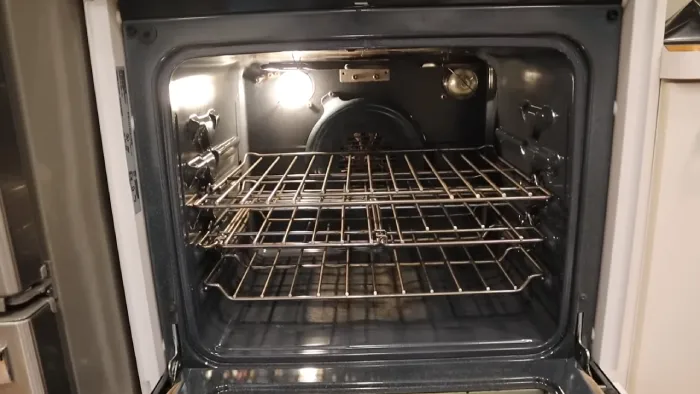Can I Use Granite Cleaner on Quartz? Things to Know
You shouldn’t use granite cleaner on quartz countertops because many granite formulas contain abrasives or chemicals that can dull quartz’s resin surface and cause damage.
Quartz needs a pH-neutral, non-abrasive cleaner designed to protect its engineered stone composition. Using the wrong cleaner might void your warranty or lead to stains and discoloration.
To keep your quartz looking its best and guarantee long-lasting beauty, it’s important to follow specific cleaning guidelines and product recommendations.
Key Takeaways
- Granite cleaners often contain abrasives or pH levels unsuitable for quartz, risking surface damage and resin weakening.
- Quartz requires non-abrasive, pH-neutral cleaners specifically formulated for engineered stone surfaces.
- Using granite cleaner on quartz may void the countertop warranty due to potential damage and improper care.
- Mild dish soap and water or quartz-specific cleaners are safer, preserving quartz’s finish and appearance.
- Always check cleaner labels and follow manufacturer guidelines to avoid discoloration, scratches, and etching on quartz.
The Differences Between Granite and Quartz Surfaces
Although granite and quartz both serve as popular choices for countertops, they differ markedly in composition and origin. Granite is a 100% natural igneous rock quarried directly from the earth, containing quartz, mica, and feldspar.
Quartz countertops, however, are engineered products made of about 90-93% crushed natural quartz combined with 7-10% resin. This engineered nature means quartz undergoes industrial manufacturing, unlike granite’s natural formation.
You’ll notice granite’s unique, varied patterns, while quartz offers a more uniform appearance that can mimic granite’s look. Both materials are durable, but their composition affects maintenance and performance.
Granite’s natural origin may appeal if you want sustainability, whereas quartz’s resin content provides non-porous benefits. Quartz does not require sealing due to its non-porous nature.
Chemical Compatibility of Granite Cleaners With Quartz
When choosing a cleaner for your quartz countertops, you need to evaluate the chemical compatibility of granite cleaners carefully.
Granite cleaners are often pH-balanced and may contain gentle abrasives or waxes designed for granite, which can leave residues or damage quartz.
Since quartz requires non-abrasive, pH-neutral formulas without harsh chemicals, not all granite cleaners are safe to use.
Granite Gold Quartz Brite® is an example of a cleaner specifically formulated as a two-in-one cleaner and polish for engineered stone, making it ideal for quartz surfaces.
This product offers a two-in-one cleaner and polish solution that maintains quartz’s glossy finish without streaks.
Granite cleaners may contain abrasives or waxes that can harm quartz surfaces, which need gentle, pH-neutral care.
Some granite cleaners explicitly state compatibility with quartz, but many don’t, so always check the label. Quartz-specific cleaners usually combine cleaning and polishing agents that protect the surface without abrasives.
To maintain your quartz countertops properly, select a cleaner formulated for engineered stone or one clearly marked safe for both granite and quartz, avoiding products with wax, silicones, or harsh acids.
Potential Risks of Using Granite Cleaner on Quartz Countertops
Choosing a granite cleaner without verifying its compatibility can expose your quartz countertops to several risks.
Harsh chemicals may dull the surface, weaken the resin bond, or leave residues that degrade quartz over time. Cleaners with extreme pH levels can disturb the finish, causing discoloration or staining.
Abrasive ingredients or scrubbing can scratch or etch the surface, removing its polish and altering its glossy appearance.
Quartz countertops are non-porous and easy to clean, so gentle cleaning methods are sufficient and preferred. Ignoring manufacturer guidelines or failing to test cleaners on a small area increases the chance of damage.
Overusing harsh chemicals can shorten your countertop’s lifespan and raise maintenance needs.
Cleaning Techniques Suitable for Quartz Surfaces
Since quartz surfaces combine durability with aesthetic appeal, cleaning them properly guarantees they stay pristine without damage. You should use warm water mixed with mild dish soap and apply it with a soft cloth, sponge, or microfiber for gentle wiping.
Regular maintenance prevents long-term stains and ensures the longevity of the countertop.
Cleaning quartz with warm water and mild soap keeps it pristine without causing damage.
Avoid abrasive tools and harsh chemicals like bleach or ammonia, which can degrade the surface. After cleaning, rinse thoroughly and dry with a lint-free cloth to prevent streaks and water spots.
Key cleaning tips include:
- Wipe spills promptly using gentle circular motions
- Use only non-abrasive cloths or sponges
- Avoid granite cleaners and harsh scouring pads
- Maintain routine cleaning with mild detergent and water
How to Safely Remove Stains From Quartz Countertops?
To safely remove stains from your quartz countertops, below are simple, effective methods that protect the surface and restore its shine.
Gentle Cleaning Solutions
While quartz countertops resist many stains, you’ll still want to act quickly and use gentle cleaning solutions to keep their surface pristine.
Mild dish soap mixed with warm water is your best bet for everyday cleaning. Use a soft microfiber cloth to avoid scratching the surface. For tougher stains, a little isopropyl alcohol on a damp cloth can help lift residue without damage.
Quartz is known for its non-absorbent surface which reduces staining and enhances sanitation. Always rinse with warm water afterward to remove any cleaner residue. Avoid harsh chemicals or abrasive scrubbers, as they can harm the quartz’s finish.
- Use mild soap and warm water for routine cleaning
- Apply isopropyl alcohol gently on stubborn stains
- Wipe with a soft microfiber cloth to prevent scratches
- Rinse thoroughly to avoid residue buildup and dullness
Stubborn Stain Techniques
Everyday gentle cleaning keeps your quartz countertop looking great, but stubborn stains require a bit more care. Start by blotting spills immediately with a dry cloth—never rub. For tougher spots, apply a baking soda paste, let it sit, then wipe gently.
Quartz is non-porous and hygienic, which makes it resistant to staining and bacteria when properly maintained.
Hard mineral deposits can be carefully scraped at a 45-degree angle, followed by warm soapy water. Avoid harsh chemicals, abrasive pads, or granite cleaners to protect quartz’s resin.
| Technique | Action | Caution |
|---|---|---|
| Blotting | Absorb spill, no rubbing | Avoid spreading stain |
| Baking Soda Paste | Apply paste, wait, wipe gently | No scrubbing to protect resin |
| Scraper Use | 45° angle, light pressure | Prevent scratches |
| Mild Abrasive Cleaners | Rub gently, rinse thoroughly | Avoid prolonged contact |
| Harsh Chemicals Avoidance | Use soft tools only | Protect quartz finish |
Best Practices for Maintaining Quartz Countertop Appearance
Maintaining your quartz countertop’s appearance starts with using gentle cleaning methods that protect its polished surface.
Use warm water with a soft sponge or dishcloth for daily cleaning, adding mild dish soap when needed to remove grime without damaging the finish.
Avoid abrasive pads and harsh chemicals like bleach, ammonia, or granite cleaners, as these can dull or discolor quartz. Quartz countertops are known for their impressive durability, but using the wrong cleaners can still harm their surface.
Promptly wipe spills to prevent staining, and never place hot pots directly on the surface—use trivets and cutting boards to protect against thermal shock and scratches.
For occasional deep cleaning, use quartz-specific products recommended by manufacturers. Regular wiping and soft drying maintain quartz’s natural shine without polishing.
Frequently Asked Questions
Can Granite Cleaner Damage Quartz Adhesives or Seams?
Yes, granite cleaner can damage quartz adhesives or seams if it contains harsh chemicals or abrasives. You shouldn’t use strong acidic or alkaline cleaners because they may erode adhesives, weakening seams over time.
Abrasive cleaners can scratch surfaces near seams, exposing or harming adhesives. To protect your countertop’s structural integrity, always choose gentle, quartz-safe cleaners and regularly inspect seams for any signs of damage or wear.
Are Granite Cleaners Safe for Quartz Backsplash or Only Countertops?
You can safely use pH-neutral granite cleaners on quartz backsplashes as well as countertops. Just avoid abrasive ingredients like ammonia or bleach that could harm quartz resins.
For best results, spray the cleaner, wait 1-2 minutes, then wipe vertically with a microfiber cloth to prevent streaks or pooling.
Brands like MARBLELIFE and Rock Doctor specifically approve their granite cleaners for quartz backsplashes, ensuring effective, residue-free cleaning.
How Often Should Quartz Surfaces Be Polished With Quartz-Specific Products?
You don’t need to polish quartz surfaces often, unlike some natural stones that demand regular buffing. Instead, polish only when you notice dullness or scratches affecting its shine. Using quartz-specific products occasionally helps maintain its luster without risking damage from over-polishing.
Keep your routine simple: clean regularly and reserve polishing for visible wear. This approach preserves your quartz’s beauty without unnecessary or harmful treatments.
Can Granite Cleaner Residue Cause Discoloration on Quartz Over Time?
Yes, granite cleaner residue can cause discoloration on quartz over time. If the cleaner isn’t formulated for quartz, its chemicals might damage the surface seal or leave residues that build up, leading to color changes.
To keep your quartz looking its best, always rinse thoroughly after cleaning and use products specifically designed for quartz. Regular maintenance with proper cleaners prevents staining and discoloration effectively.
Is It Safe to Mix Granite Cleaner With Other Household Cleaners on Quartz?
You shouldn’t mix granite cleaner with other household cleaners on quartz. Combining them can cause chemical reactions that damage the resin binders and dull the surface. Harsh chemicals like bleach or acidic agents can etch or discolor quartz over time.
Instead, stick to pH-neutral, quartz-specific cleaners to keep your countertop safe and looking its best. Avoid mixing products to maintain quartz’s finish and longevity.
Keep Your Quartz Shining with the Right Care
Imagine your quartz countertop gleaming under soft kitchen light, its surface flawless and inviting. Using granite cleaner might seem convenient, but it can dull that shine or cause damage over time.
To keep your quartz looking vibrant and lasting longer, stick to cleaners designed for quartz. With the right products and gentle care, you’ll preserve its beauty and protect your investment, ensuring your countertop stays as stunning as the day it was installed.

